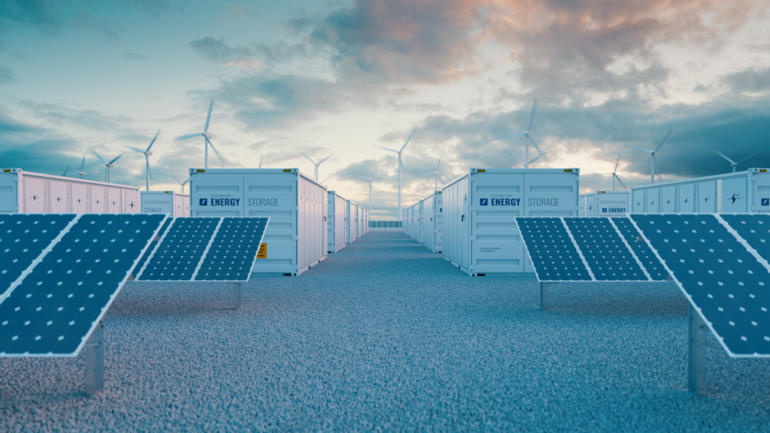Amsterdam, 3 October 2019: Today, the World Business Council for Sustainable Development (WBCSD) launched a new guideline to help companies develop an integrated approach to energy efficiency. It is part of WBCSD’s guideline series on Integrated Energy Strategies helping companies work cross-functionally, as well as with their suppliers and customers, to source and use low-carbon energy for their operations and their value chain.
The guidelines released today are designed to help employees tasked with the development of an integrated energy strategy understand how to work collaboratively across their company’s value chain - and also cross-functionally within their company - to implement solutions to improve energy efficiency. It focuses on three key areas which support this objective:
- engagement with the workforce and value chain partners to stimulate behavioral changes and more efficient working practices,
- utilization of smart controls to optimize energy efficiency, and
- upgrading and replacing equipment and assets.
In today’s global and interconnected world, a company’s value chain plays a crucial role in helping it to achieve its energy efficiency goals. A company can use the knowledge and experience of suppliers, customers and other stakeholders to implement new solutions and focus efforts on the energy efficiency opportunities that will deliver the greatest impact. The guidelines do not provide a detailed review of energy efficiency technologies itself but explain how collaboration with partners can accelerate progress.
“A key component to every company’s energy strategy is an approach to reducing energy and fuel consumption across their operations and value chain. This can help companies achieve energy, cost and carbon savings, while at the same time ensuring compliance with future regulatory requirements in an environment of increasingly stringent energy efficiency and greenhouse gas emissions regulations” said Mariana Heinrich, Manager, Climate & Energy, WBCSD.
WBCSD has been working in partnership with Carbon Credentials, who bring their insights and expertise so that the guidelines provide practical advice that helps companies to think differently about their energy strategy. “The guidelines encourage companies to look beyond their own operations to find new solutions to energy efficiency problems. This approach can provide real value to both the energy user and other partners who wish to collaborate by achieving energy efficiency goals and developing more energy efficient and lower carbon products and services that can be taken to market” said Richard Tarboton, Director of Strategic Services, Carbon Credentials.
Over the upcoming months, WBCSD’s New Energy Solutions project will publish the next guideline focusing on how to work with upstream and downstream stakeholders to source low-carbon energy and invest in natural climate solutions. In parallel, the project will be publishing a portfolio of business cases to help companies understand emerging energy solutions.








